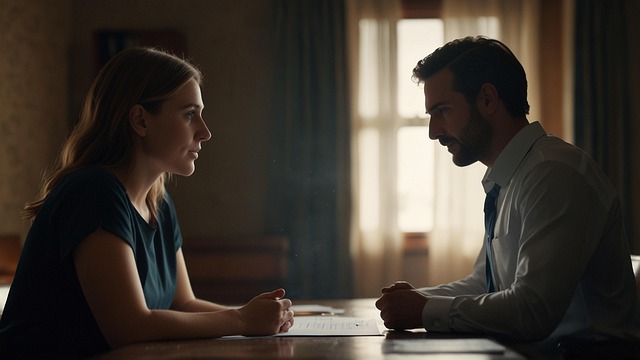Grandparent rights in Oregon are protected by state laws (ORS Chapter 109), allowing grandparents to maintain relationships with grandchildren. To safeguard these rights, navigate complex family law cases, and gain court-ordered visitation or custody, grandparents must consult specialized legal counsel, provide robust evidence, and demonstrate the child's best interests are served by grandparent involvement.
In Oregon, protecting grandparent rights is a critical aspect of family law that deserves close attention. Grandparents play a vital role in their grandchildren’s lives, and ensuring their legal rights are recognized and upheld is essential for maintaining strong family connections. This article explores the intricacies of grandparent rights under Oregon laws, delves into common challenges faced by grandparents in family court cases, and provides practical steps to safeguard and enforce these precious rights.
- Understanding Grandparent Rights in Oregon Laws
- Challenges Facing Grandparents in Family Law Cases
- Legal Steps to Protect and Enforce Grandparent Rights
Understanding Grandparent Rights in Oregon Laws

In Oregon, grandparent rights are recognized and protected by state law, offering a measure of security for grandparents who wish to maintain a significant relationship with their grandchildren. The Oregon Revised Statutes (ORS) Chapter 109 provides a legal framework that outlines these rights and responsibilities. Grandparents have the right to visit and associate with their grandchildren, subject to reasonable restrictions set by parents. This includes regular visitation, telephone contact, and access to important life events.
Grandparent rights in Oregon are not absolute and are balanced against the best interests of the child. Courts will consider several factors, such as the quality of the grandparent-grandchild relationship, the parents’ willingness to facilitate visitation, and any potential impact on the child’s well-being. Understanding these laws is crucial for grandparents seeking to protect their rights and maintain a meaningful connection with their grandchildren.
Challenges Facing Grandparents in Family Law Cases

Grandparents in Oregon often face significant challenges when it comes to their rights and custody battles. Family law cases can be complex, especially when involving multiple generations, and grandparents may struggle to maintain a meaningful relationship with their grandchildren. One of the primary obstacles is the legal system’s bias towards the parents’ decisions regarding child-rearing. In many instances, courts prioritize the well-being and stability that a child experiences within their biological family, which can make it difficult for grandparents to gain custody or even regular visitation rights.
Additionally, grandparent rights in Oregon are governed by specific legal provisions, such as ORS 109.112, which outlines the circumstances under which grandparents can petition for visitation or custody. These laws, while providing a framework, can be intricate and often require substantial proof of the child’s best interests being served by grandparent involvement. The onus is on grandparents to navigate these legal complexities, which may involve gathering evidence, testimony from experts, and strategic court filings to present a compelling case for their rights.
Legal Steps to Protect and Enforce Grandparent Rights

Protecting grandparent rights in Oregon involves a clear understanding and strategic navigation of legal processes. If you are a grandparent seeking access or custody, the first step is to consult with an experienced family law attorney who specializes in grandparent rights Oregon. They can guide you through the applicable laws and help draft necessary paperwork for court proceedings.
In Oregon, grandparent visitation and custody cases are governed by specific statutes. Your lawyer will assist in gathering essential documentation, such as proof of relationship and any relevant historical records, to present a compelling case before the court. This may involve filing a petition with the appropriate court, outlining your request for access or custody, and providing reasons why it’s in the best interest of the grandchild. Regular communication with your attorney is crucial throughout this process to ensure compliance with legal requirements and to stay informed about the next steps.
